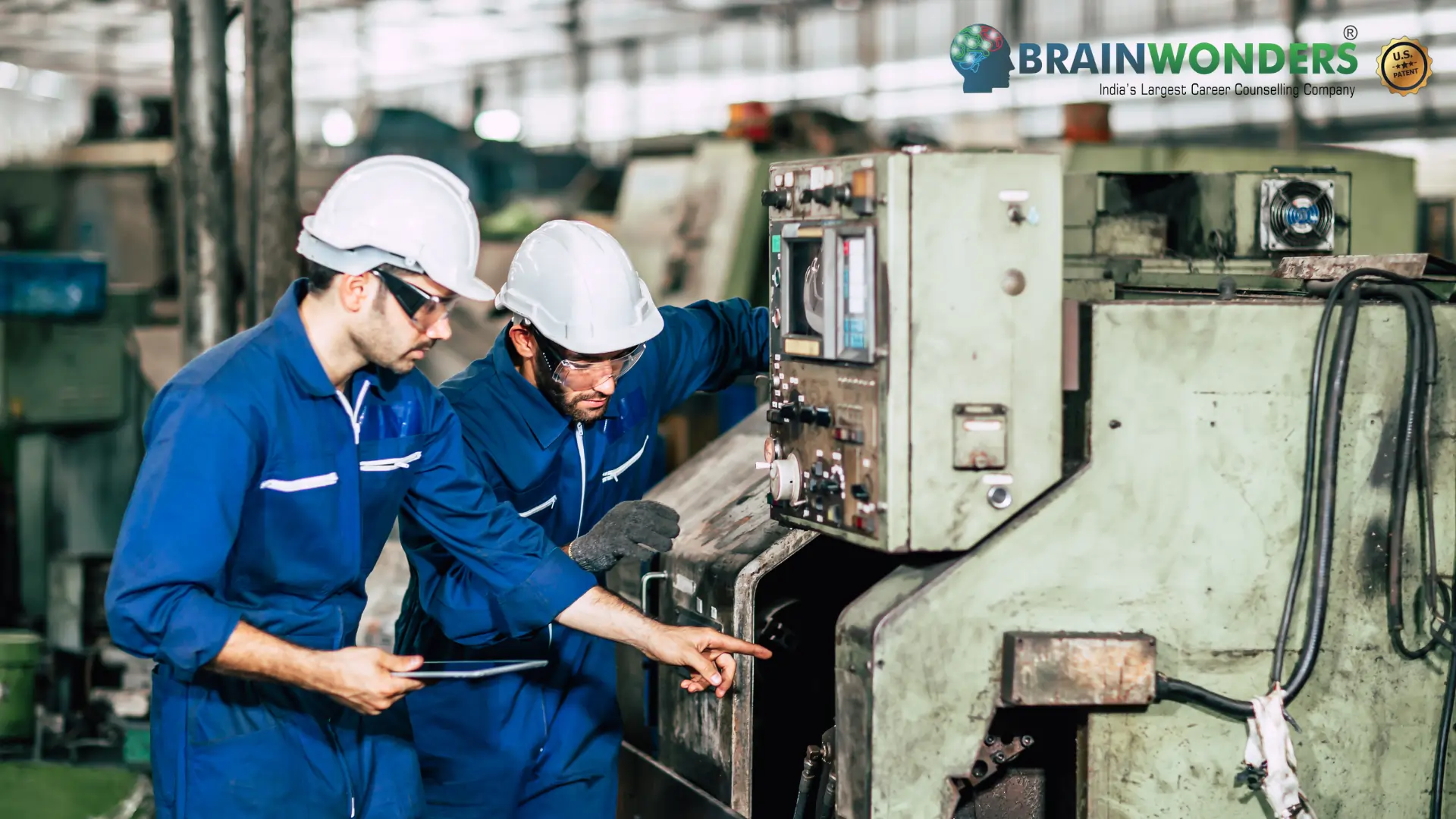How to become a Mechanist
Overview, Courses, Exam, Colleges, Pathways, Salary

Overview
Who is Mechanist ?
Mechanists Set up and run a range of machine tools to create precise metal components and instruments. Precision instrument manufacturers work on mechanical instruments, fabricating, modifying, or repairing them. Applying knowledge of physics, mathematics, metal characteristics, layout, and machining methods, mechanists create and alter parts to make or repair machine tools or maintain industrial equipment. Computers or electronic devices, such as numerically controlled machine tools, are programmed by them. They also use precise equipment like micrometres to measure, analyse, or test completed items for faults and to assure compliance with requirements.
Abilities and Aptitude needed
What are the skills, abilities & aptitude needed to become Mechanist?
Candidates should be able to fabricate metal components using machine tools such as lathes, milling machines, and grinders. They should be able to calculate where to cut or bore, shape steel, aluminium, titanium, plastic, silicon, and other materials, and decide how quickly or slowly the workpiece is fed into the machine, among other things. They can operate all of the basic machine tools as well as a variety of specialised or sophisticated variant machines to accomplish precise machining tasks.
Pathways
How to become an Mechanist?
Entrance Exam
Entrance Exam for Mechanist ?
Courses
Which course I can pursue?
Best Colleges
Which are the best colleges to attend to become an Mechanist?
Industries
Which Industries are open for Mechanist?
internship
Are there internships available for Mechanist?
Career outlook
What does the future look like for Mechanist?
After passing this trade, mechanics can work in both public and private machine shops, tool rooms, and factories. Candidates might enrol in higher degree programmes since they provide a solid foundation for further study. It improves their total skill set. They can also manage their shop as a side business, which is beneficial to them.


